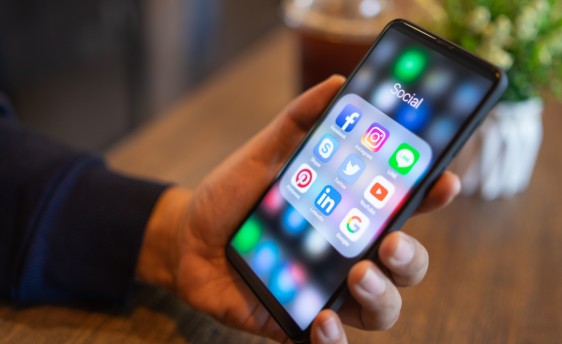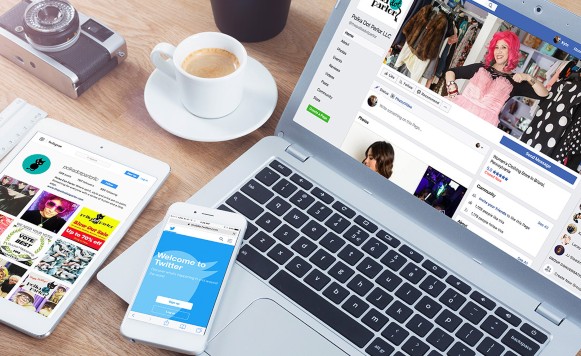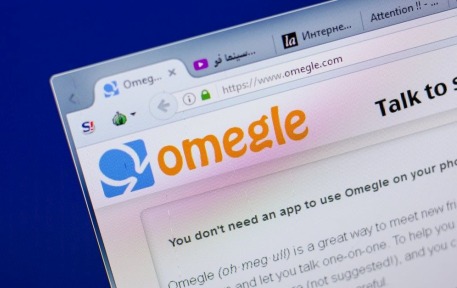Facebook engages 2.38 billion monthly active users (MAU) on its platform. With over two billion users, Facebook is transforming the social life of our population. Facebook has been able to build the biggest social network in the world. Facebook is a free to use application, but as the saying goes – if a product is available for free, it simply means that the user is the product. It has been collecting a plethora of detailed data of its users on a daily basis. Facebook has the potential to store all the information regarding everything one has done on its portal.
The Acclimatisation Process
The acclimatisation process of knowing a user follows six stages. The first stage is the collection of personal information when we first sign up for the platform. When we create an account, we submit our information regarding name, birthdate, phone number and email. Moreover, the other fundamental information we feed during the process of filling in the profile details include education, schools, current and previous occupation, hometown, address, website, relationship status, and other social network links. This can be stated as the core information that Facebook utilises to frame advertisements specific to your account details.
The second stage of acclimatisation is coursing through what we do on Facebook. It has near perfect awareness about the moves we make on the portal. For instance, Facebook collects information on when we logged in, duration of the surfing, device used to login, places we’ve checked in, groups or pages we’ve liked, people we’ve interacted with, contacts, and pictures or videos we’re tagged in.
The third stage is coursing through what we communicate on Facebook. It records all the chat messages and conversations we’ve made since the first login. However, the reason stated is for an automated scan to remove banned content from the portal. Moreover, it collects the information on with whom we’ve conversed, how long and how often. However, it also provides an option to encrypt the messages.
The fourth stage of acclimatisation includes knowing what we do outside the realm of Facebook. Though the ambit of collection of data outside the online area is limited for Facebook, it watches a lot. The assessment of outside information is done from two areas – Third party information brokers and Partner Services. It utilises the tools which partner websites use, e.g. the Like and Share option, and Facebook Pixel as a tracking cookie option. In addition, through tracking IP address, Facebook records our location through computers, phones, and other similar devices. Moreover, it holds the right to enhance its database by including more information from outside providers.
The fifth stage of acclimatisation includes coursing what we do through our applications. Majority of the applications we utilise on Facebook are connected through our simple login feature. This process is used by developers of various applications to get access to our data on Facebook from Android, iOS, Website and Smart TVs.
The sixth stage includes coursing through our routes of home and around everywhere
we go. The video chat option of Facebook acts as live camera at home. Though Facebook proclaims that it doesn’t monitor or record any conversations, the messenger holds the permission to know who we call and the duration of calls. Moreover, it records some informative data from retail point of sale locations.
In simple terms, it knows a lot about us. For instance, it recognises our face, it knows every advertisement we’ve ever clicked on, it enlists every company where our information is stored for the advertisements we’ve clicked, it enlists every contact in our phone book, it knows every social event we’ve been invited to or we’ve ever attended, it keeps a detailed log of every friend we’ve friended. It keeps a record of every time we’ve logged in, it keeps a copy of our entire timeline since our first login, it keeps a record of every video we’ve ever watched on the portal, it holds all the old conversations and messages, and it keeps a copy of every picture we’ve ever shared.
However, there are certain areas that Facebook proclaims it doesn’t interfere with. For instance, it proclaims that it doesn’t monitor phone calls or secretly record conversations through microphone, despite many suspicions in the recent years. Nevertheless, despite all the restrictions, Facebook knows a lot about us, perhaps, more than we can remember about ourselves.



